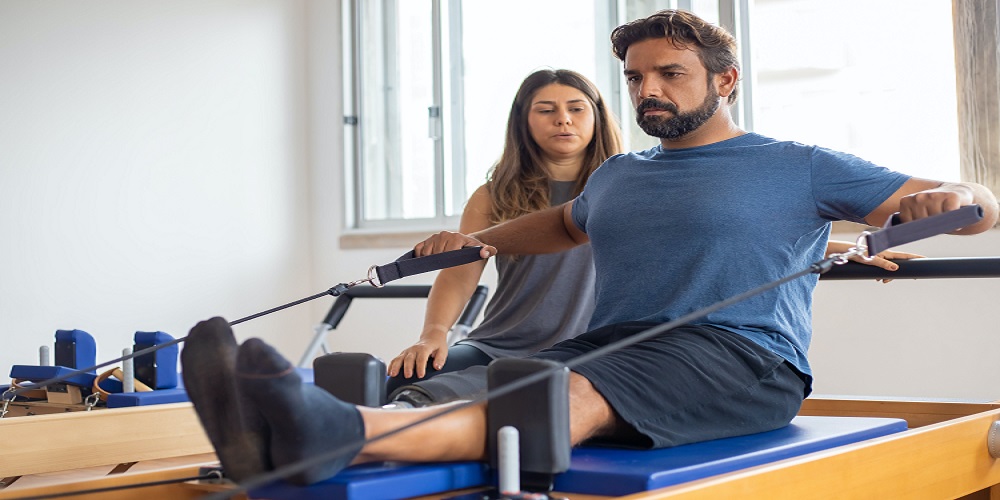Talking well with your physiotherapist when starting your recovery with physiotherapy is essential. This helps ensure you understand your condition, treatment goals, and how to get better. In this guide from the top physiotherapy clinic, we’ll explore nine essential questions to ask your physiotherapist at your first appointment. This will help you be more involved in your rehabilitation.

- What is my diagnosis, and what caused it?
Knowing the nature of your injury or condition is crucial. Understanding the root cause helps in planning effective treatment and enables you to actively engage in your recovery. Starting this conversation sets the stage for a collaborative and well-informed approach to your treatment.
- What are the treatment goals, and how will we achieve them?
Establishing clear and achievable treatment goals forms the basis for a successful rehabilitation journey. Engaging actively in the goal-setting process strengthens your dedication to the treatment plan, making monitoring progress and staying motivated easier.
- What exercises and activities must I do and why?
Home exercises are crucial in physiotherapy. Grasping the reason behind each prescribed exercise from your physiotherapist promotes adherence and speeds up your recovery. It involves getting the ‘what’ and the ‘why’ behind the suggested activities.
- What are the potential side effects or risks of treatment?
Knowing possible risks or side effects is crucial for a comprehensive approach to your rehabilitation. Communicating openly with your physiotherapist about any discomfort or pain related to specific exercises ensures a proactive strategy for managing these issues.
- What is the expected duration of my recovery?
Realistic expectations are critical to a buoyant and patient-centered recovery approach. Understanding the expected timeframe considering factors like the severity of the injury, empowers you to approach your rehabilitation with patience and dedication.
- What can I do to manage my pain and discomfort?
Effective pain management strategies are integral to active participation in your recovery. Discussing and understanding techniques like ice, heat, or compression ensures you can manage pain effectively, facilitating a smoother rehabilitation process.
- What lifestyle changes can I make to prevent future injuries?
Evaluating your current fitness level, recognizing potential risk factors, and offering advice on suitable exercises, stretches, and lifestyle modifications are within the scope of services provided by your physiotherapist. Additionally, they can administer hands-on treatments to address existing injuries or imbalances, assisting you in recovering strength and function.
- What should I do if my symptoms worsen or if I have concerns?
Establishing clear communication channels in case of concerns or worsening symptoms is vital. Knowing how to contact your physiotherapist or seek additional guidance ensures prompt and appropriate intervention if needed.
- What questions should I ask myself to prepare for my physiotherapy appointments?
Encouraging self-reflection and preparation for appointments is essential. Consider questions related to tracking progress, understanding exercises, managing pain, actively engaging with your care, and enhancing the effectiveness of physiotherapy.
Conclusion
These nine questions are a comprehensive guide for your professional physiotherapy journey. Effective communication and patient-centered care are the cornerstones of successful rehabilitation. By actively participating in your recovery process through thoughtful questioning, you empower yourself to achieve optimal results. Remember, your journey to wellness begins with the right questions.

